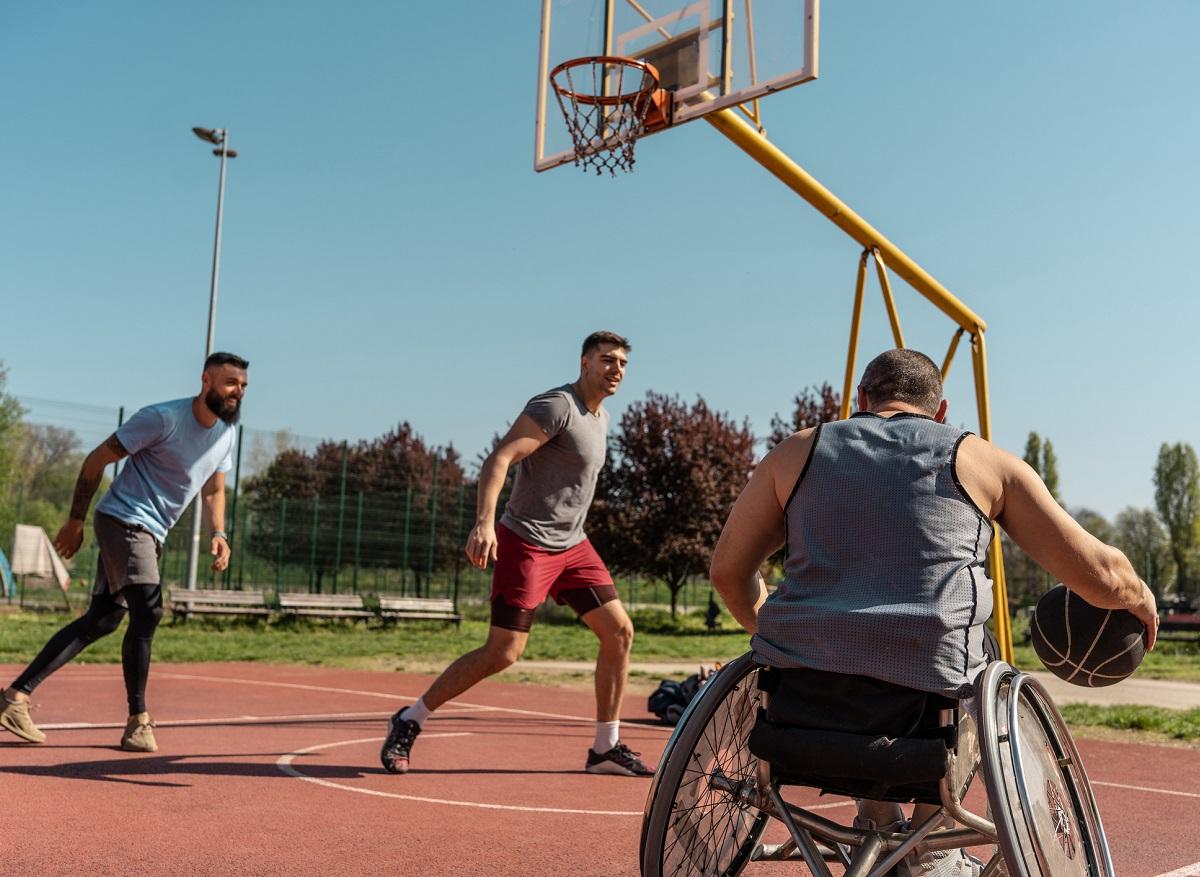The Olympic Games celebrate sporting excellence. But behind some exceptional performances sometimes lies a darker reality. The quest to surpass oneself can push some athletes too far to their limits.

- Overtraining and doping are the major dangers to the health of high-level athletes.
- Personalized medical care is essential to prevent injuries and performance-related disorders.
- Ethical issues in sport must be taken into account to protect the physical and mental integrity of athletes.
They were the stars of the Paris 2024 Olympic Games. And while, for the most part, the medalists’ formidable performances are the result of their physical and mental qualities and particularly careful training, the dream of reaching Olympic nirvana can hide practices that are dangerous for health.
Quest for perfection and the danger of overtraining
Although all top athletes are now supported by specialists in sports, medical and psychological coaching, they are not immune to a first danger, that of overtraining. In their quest for perfection to achieve THE best performance, some impose excessive training rhythms on themselves which, in particular, do not leave enough time for recovery. The key is the risk of serious or chronic injuries, tendonitis, muscle tears or stress fractures.
Potential medalists who “crack” on the day of the event
Of course, if they avoid these ailments before the competition, the intensity of their preparation can lead them to the highest steps of the podiums. But at the time, overtraining can simply affect performance by generating persistent fatigue, sleep disorders and ultimately a decrease in their motivation. This is how we regularly see potential medalists “crack” on the day of the event. With serious consequences: physical or mental injuries that sometimes require months, even years, of rehabilitation. And in the worst cases, it can be an entire career that is compromised. And even those who win the holy grail of the gold medal are not immune to the long-term harmful effects of their efforts.
Athletes’ preparation must respect the balance between effort and recovery
To avoid the harmful consequences of overtraining, the preparation of athletes must necessarily respect the necessary balance between intensive efforts and adequate periods of rest and recovery. And obviously it requires regular medical monitoring by doctors specialized in supporting high-level athletes, physiotherapists and psychologists capable of detecting the first signs of overtraining and intervening before the damage becomes irreversible.
The ethical issues of sport should not be underestimated
The search for sporting performance is an act of will and courage that must always be applauded. But the ethical issues in high-level sport must never be underestimated. Especially since, because the pressure on athletes is enormous, some, with the active or passive complicity of their coaches, can go so far as to cross unacceptable limits. A certain number of “historic” performances have thus given rise to suspicions – sometimes proven – of doping. Not only is doping to push one’s limits cheating and the scandals revealed harm the image of sport and public confidence in athletic performance.
But above all, these illicit practices most of the time generate dramatic side effects: cardiovascular diseases, hormonal disorders, psychological disorders and, in extreme cases, death!
Preserving the great values of sport
It is therefore essential, for events such as the Olympic Games or other very high-level events to remain meetings that glorify effort and the taste of victory, to promote a sporting culture based on respect for the physical and mental integrity of athletes without seeking to obtain results at all costs. It is simply a matter of preserving the formidable values of sport.


















